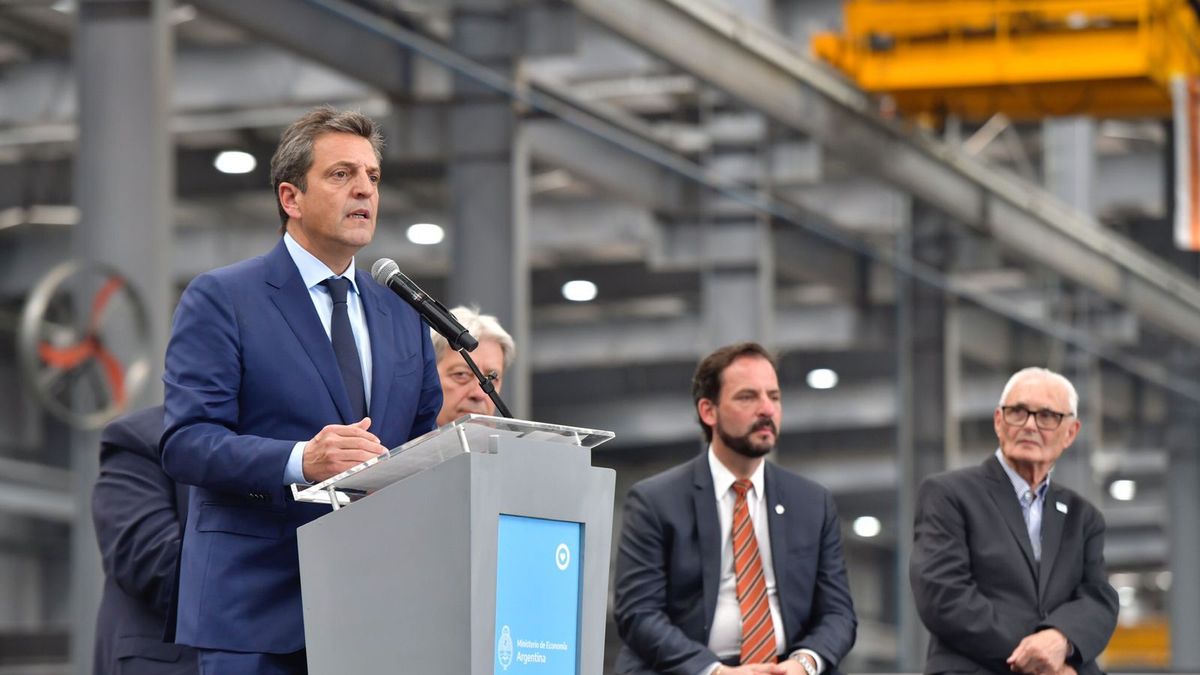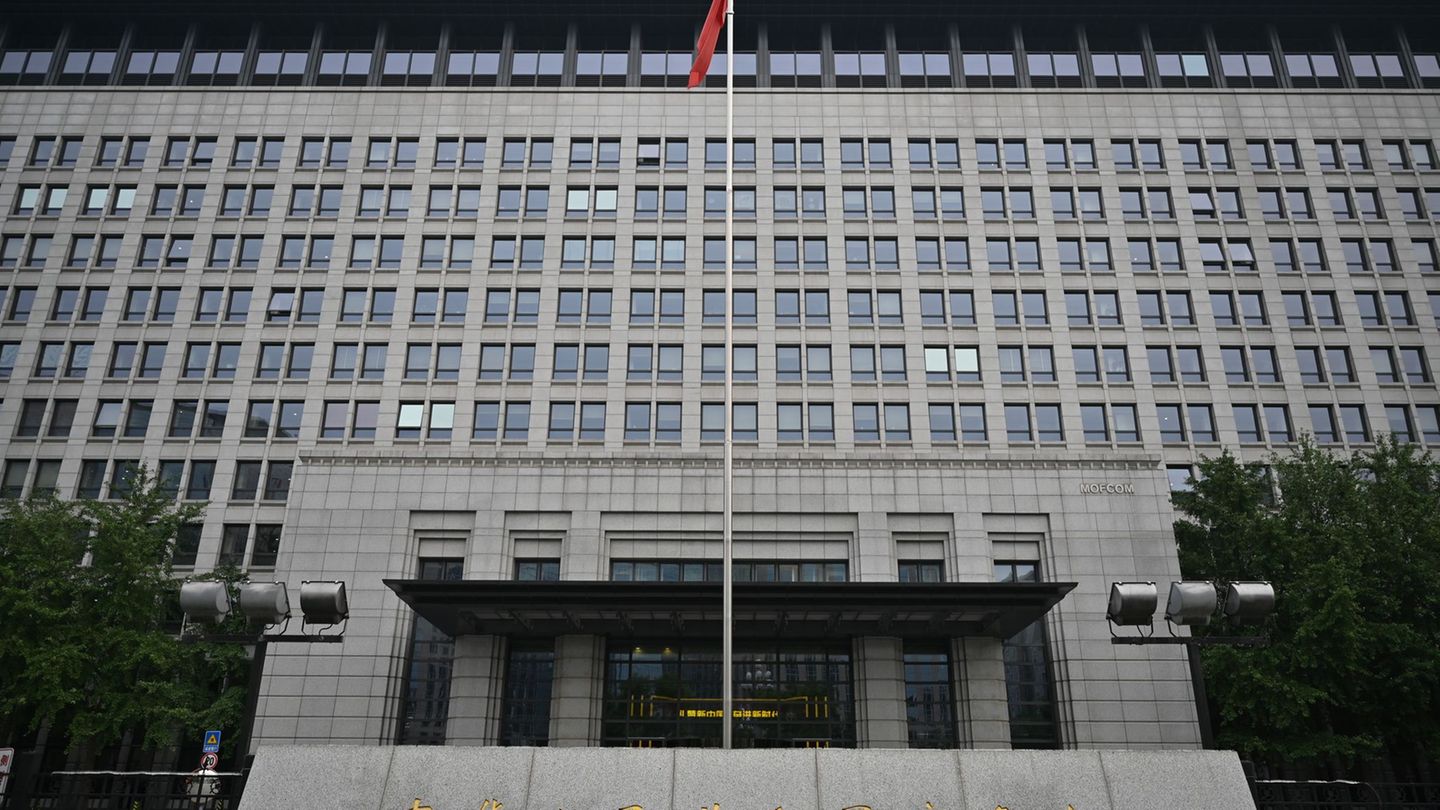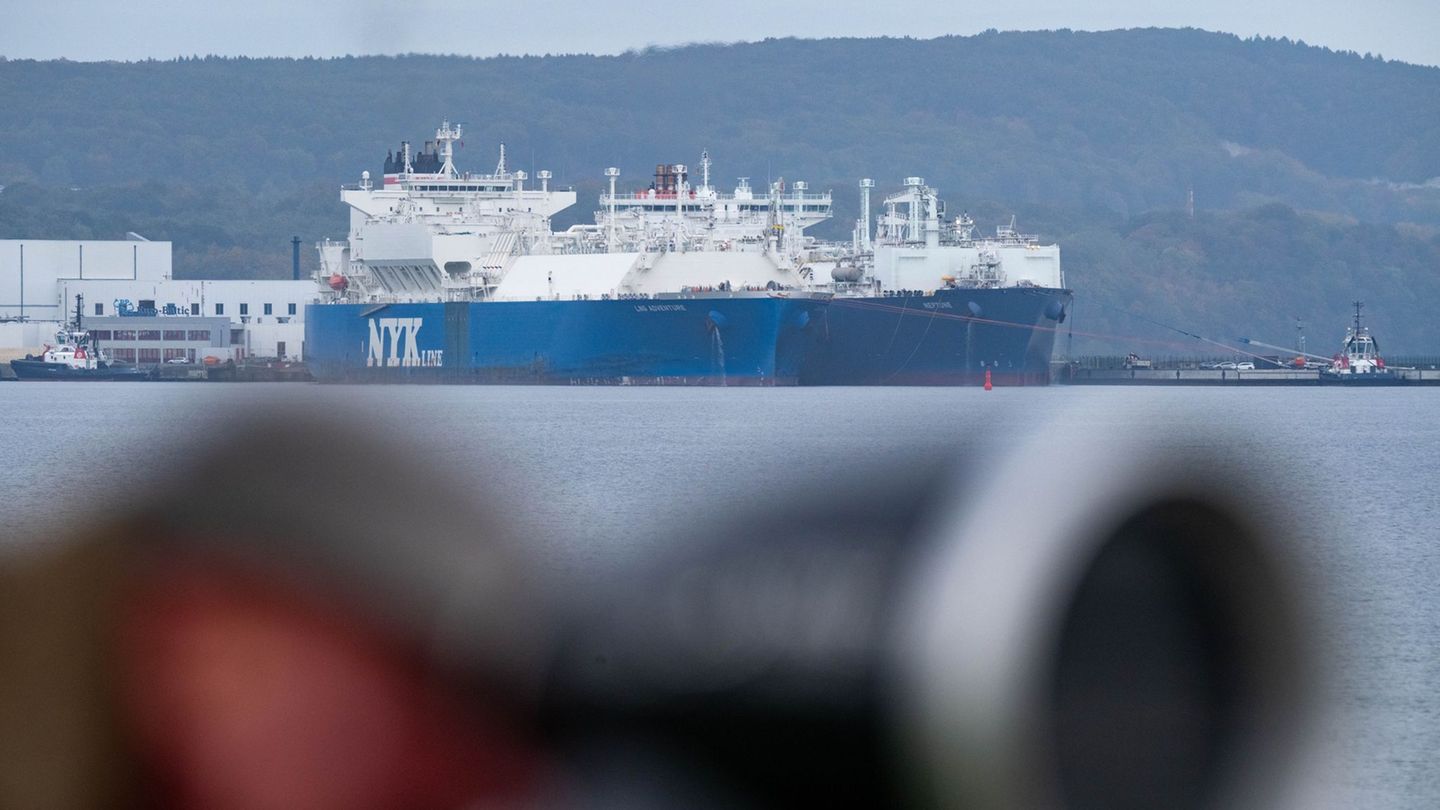“This program has a central origin, which is to put all the resources of the State to finance the economic development of the SME sector using the full potential of the financial sector and also using the power of the State through different instruments, differential rates, capital bonds, more than 500 billion pesos of investment in the Argentine credit program”said the minister.
“We are going to subsidize 30% of the rate and promote directed credit for the productive sectors and also promote tax benefit policies for those that generate work,” Masa emphasized.
The head of the Treasury Palace assured that the Government “It does not have the whim of gathering reserves, but when our Central Bank is backed by reserves that are the product of Argentine work, those reserves give strength and credibility to our currency.” “Everything points to consolidate our credibility for international insertion,” he stressed.
When presenting the program at the plant of the Pradecon company, he stated that “We have to accompany our development model with our SMEs” and pointed out that “we are one of the first countries that had to tolerate the impact of the global war on its economy and one of the countries that will guarantee energy security in the coming years” .
“We have to assert that when we look at our development model and we have to accompany it with our SMEs so that they generate employment, value exports, take care of the internal market and generate well-being for our people”he remarked.
In this context, Massa also announced that an agreement with the Paris Club was “successfully” closed and he referred to the importance of “consolidating the credibility” of the country given that “many of the companies that are here had access to credit in Europe prohibited and to market with European bloc companies.
For his part, the Secretary of Industry and Productive Development, Jose de Mendiguren, said that the program “Argentine Credit” cconstitutes “the largest program that has been launched in the country, which will allow us to increase the credit that exists today by 40%”.
According to the official, not only is the rate reduced by 30%, but also “we allow the provincial governments to allow 3% more subsidies, which would make this program one of the most powerful instruments.”
De Mendiguren also highlighted the relaunch of the National Productive Development Fund (Fondep) that mean $250,000 million through seven lines, which point to the “simplification and efficiency” of financing, against the 30 that existed so far. These lines are to finance investment, export and import substitution of SMEs.
Likewise, he pointed out that in September 2019 the capital goods sector used 40% of its installed capacity, but after accumulating 20 consecutive consecutive months of contraction, today the use of that capacity is at 60%.
“In Argentina many times we had excellent projects but we did not have financing, and sometimes the other way around. That is why we are going to stabilize but we are clear about where we are going: to change the productive matrix of Argentina, which is what leads us to a recurring crisis,” the official stressed.
For that, he said, capital goods “are a key issue, they must be encouraged quickly, but without financing it cannot be done.”
In addition to the Secretary of Industry and Productive Development, Massa was accompanied by the Secretary of Knowledge Economy, Ariel Sujarchuk; and representatives of the Association of Metallurgical Industrialists (Adimra), the Union of Metallurgical Workers (UOM) and private and public banks; among others.
Source: Ambito
David William is a talented author who has made a name for himself in the world of writing. He is a professional author who writes on a wide range of topics, from general interest to opinion news. David is currently working as a writer at 24 hours worlds where he brings his unique perspective and in-depth research to his articles, making them both informative and engaging.




